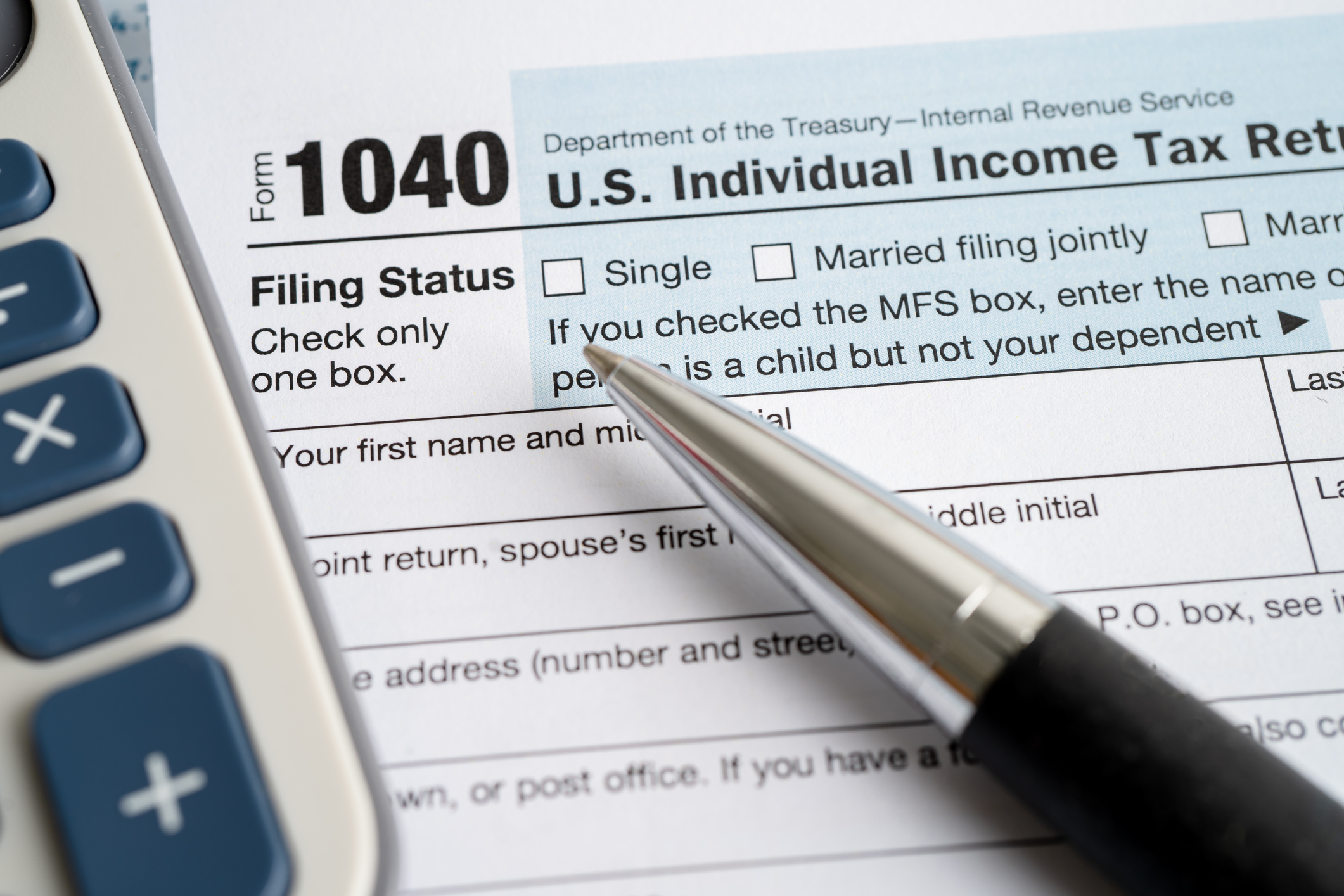
- Start preparing now for this year’s April 18th tax filing deadline
- Estimate your tax obligations in advance so you can develop a plan to pay any taxes you might owe
- Stay informed of major changes to tax law
You may be in the depths of winter, whether shoveling, reeling from high heating costs or tired of the shorter days. But spring – and tax season – are just around the corner.
This year, a weekend and a District of Columbia holiday – Emancipation Day – are pushing the usual tax filing date to Tuesday, April 18. Making sure you are prepared can help you breathe easier and take some of the stress out of tax filing. Here are seven tips to help you get ready.
- Organize receipts and data. Take advantage of these shorter, colder days to spend some time inside and prepare. If you wait and try to do it all at the last minute, chances are you’ll miss some tax deductions. If the whole tax preparation process feels overwhelming, if you have many questions, or if you just don’t believe you’ll have time to adequately prepare and file, this is the time to identify a tax expert who can help.
- Estimate tax obligations. Knowing what to expect will help ensure you have the funds to pay any taxes due, or the time to develop a plan to do so.
- Exercise caution if considering borrowing money to pay a tax bill. If you owe a significant amount on your taxes, consider using funds from your home equity agreement to pay your bill. Otherwise, you might be tempted to borrow money to pay the bill quickly. Loans from paycheck (payday) lenders and other quick-turnaround lenders can come with sky-high interest rates. These high rates make the loan far more expensive – and risk putting you even deeper in debt. Instead, look into a loan from a bank, credit union or reputable online lender, if you absolutely must borrow. And never borrow more than you can afford to repay on the set payment plan.
- Prioritize what you pay. If you are struggling with debt on a month-to-month basis, and find you will also owe taxes, you must set payment priorities. First on the list should be basic food, clothing and shelter. Always pay the minimum on secured debts – those secured by a tangible asset, such as your home and car. If you do not pay these bills on time, you could lose the asset. Second, pay your taxes. The government can garnish wages or send you to jail for not paying your bills. Third, pay your other creditors. Tapping your home equity through a home equity agreement is another way to tackle debt and get ahead of your bills.
- Do not skip tax filing. Even if you worry that your tax bill will be too high to pay, file a return or an extension. The penalty for filing late is much more than the penalty for paying late. The IRS offers six-month extensions to file, which would let you file by Oct. 16 this year. See Extension of Time to File Your Tax Return for instructions. The extension doesn’t extend the time to pay taxes, though. You still are expected to pay any amount due by April 18. If you cannot pay it then, the half-percent penalty for paying late is far less than the 5% penalty for filing late. Filing more than 60 days late without filing an extension incurs a minimum penalty of $435 – or 100% of your tax owed, whichever is less.
- Don’t fall for scams. Phone and Internet scams can be common this time of year, looking to “help” people who owe taxes. Know that the IRS does not initiate contact by email, text messages or social media. In almost all cases, the IRS communicates first by postal mail. Find out more about avoiding tax scams.
- Be aware of changes to tax laws. A number of COVID-19 credits and deductions have been eliminated. A few of the changes include:
- Child Tax Credit – The credit will return to its previous nonrefundable status, will be reduced to $2,000 per qualifying child and will once again be limited to dependents under the age of 16.
- Earned Income Tax Credit – The credit will decrease for filers with no qualifying children but increase slightly for filers with children.
- Charitable Deduction changes – During COVID, taxpayers could take the standard deduction and claim an additional deduction for an amount donated to charity. This has been eliminated.
- Clean Vehicle Credit Eligibility – Taxpayers who purchased a new electric vehicle after August 16, 2022, can only qualify for the $7,500 credit if the vehicle went through final assembly in North America.
Tax season can be less stressful if you plan ahead. Do not wait until the last minute to gather your information. Use what you learn in your tax preparation to make any necessary changes. Adjust withholding if you need to and establish a system to track receipts and other information monthly. You will be in a better position a year from now.
The blog articles published by Unlock Technologies are available for general informational purposes only. They are not legal or financial advice, and should not be used as a substitute for legal or financial advice from a licensed attorney, tax, or financial professional. Unlock does not endorse and is not responsible for any content, links, privacy policy, or security policy of any linked third-party websites.”


